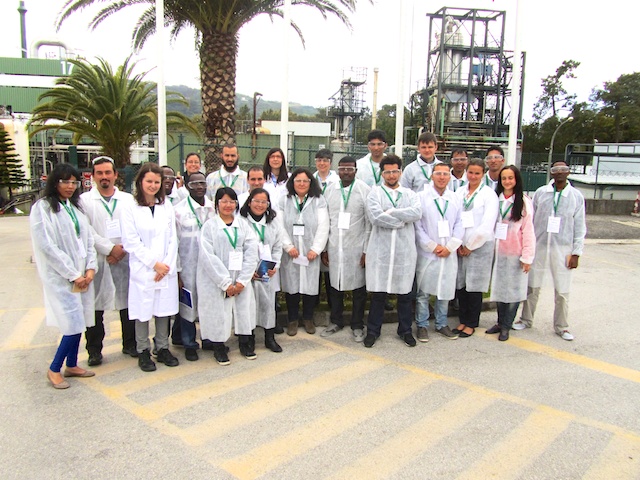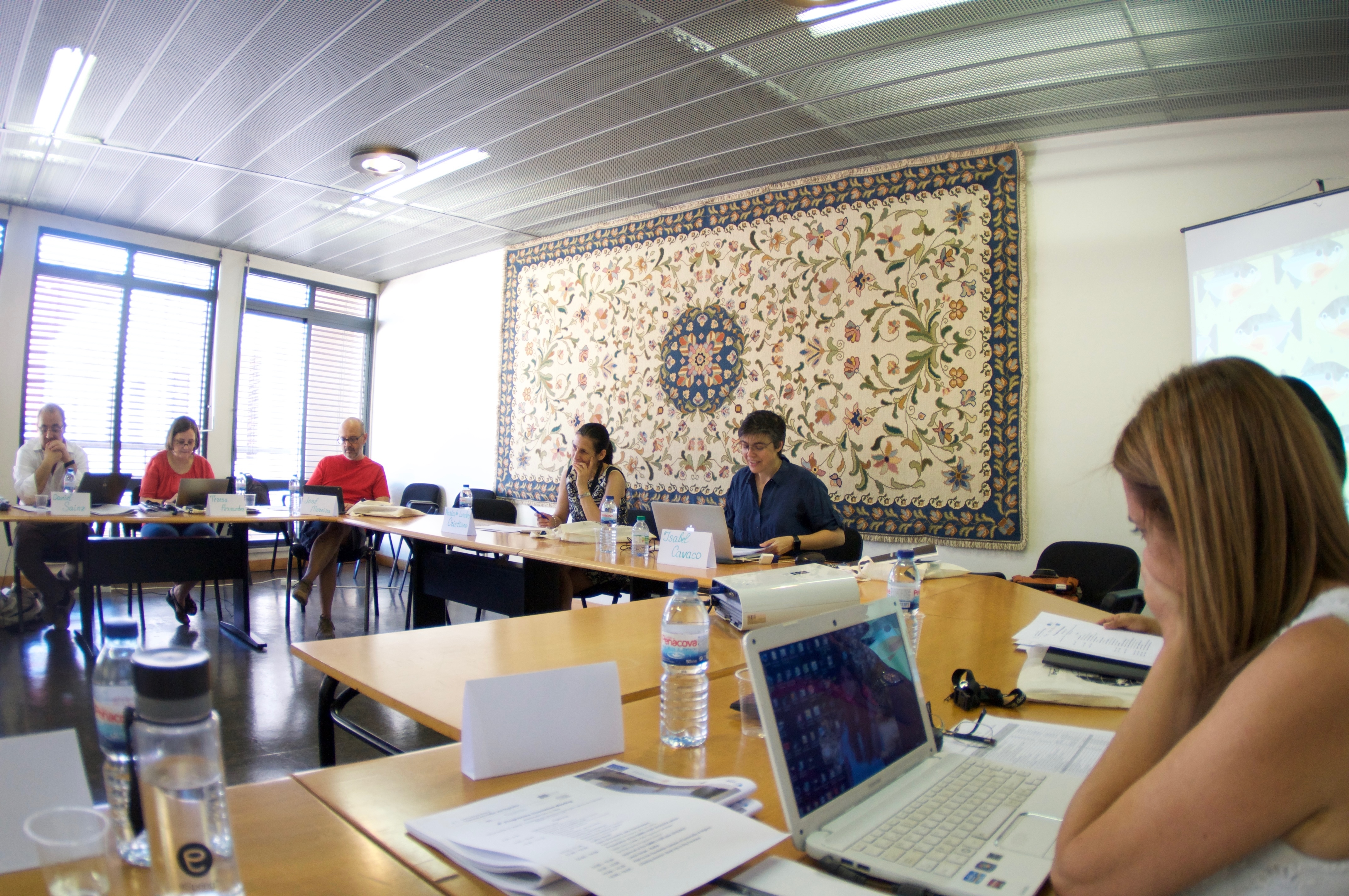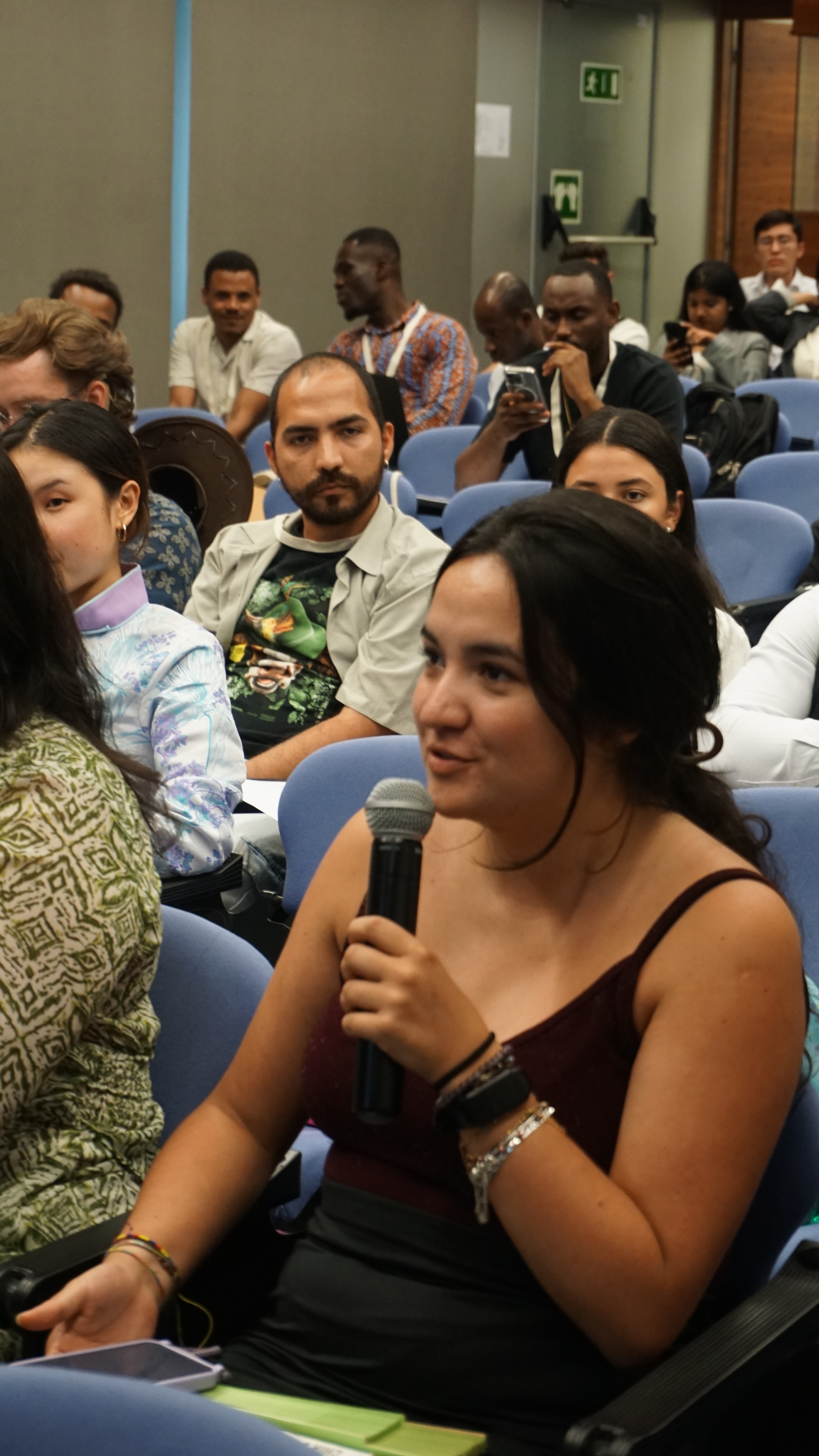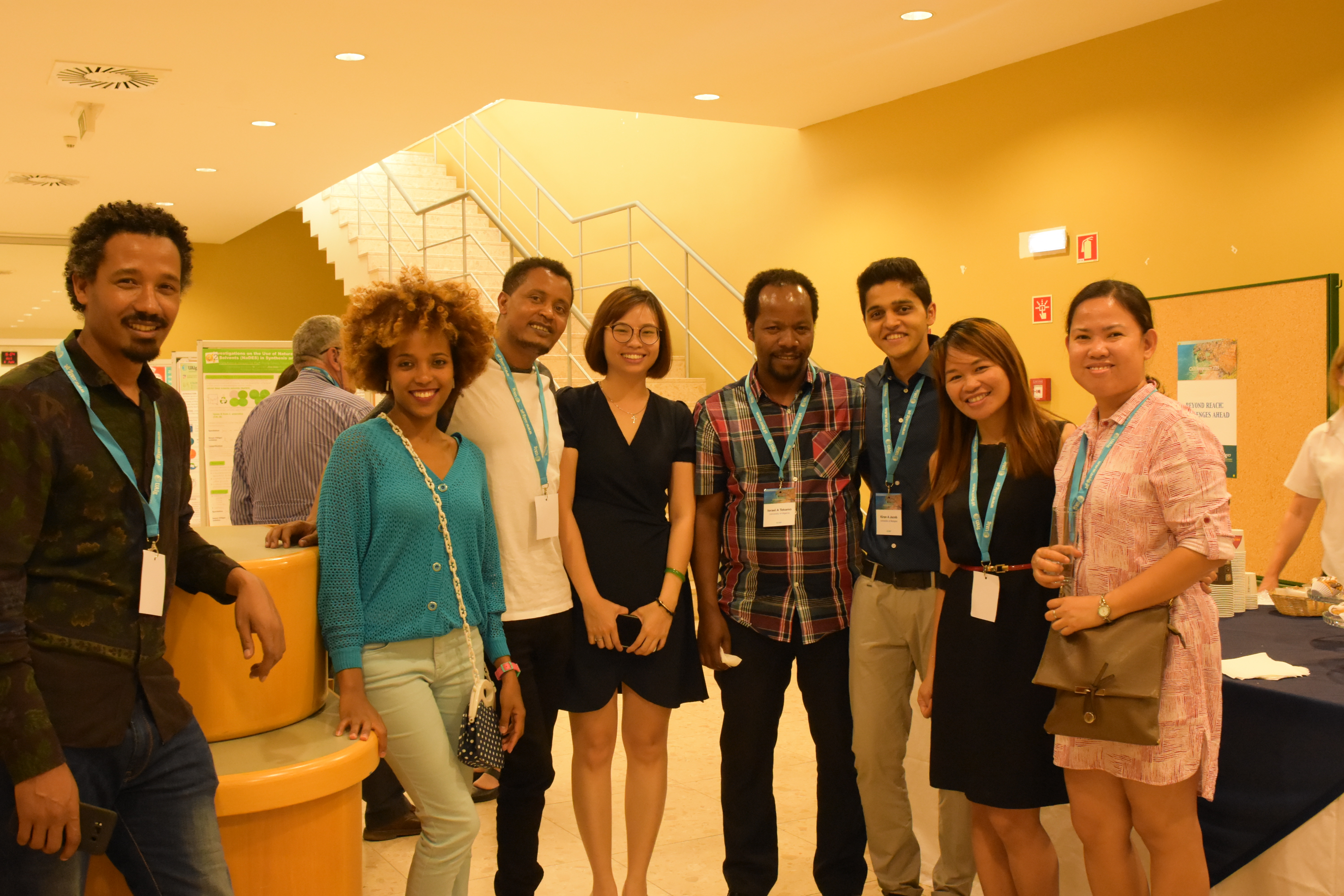ChIRS
MSc in Chemical Innovation and Regulation for Sustainability
Join a global master’s program designed for innovators who want to drive safe, sustainable progress in chemistry while gaining international experience and skills.







Join a global master’s program designed for innovators who want to drive safe, sustainable progress in chemistry while gaining international experience and skills.







Foster chemical innovation for a sustainable world.
![<subject>[interface] image of a screenshot of a learning module (for a edtech))</subject>](https://cdn.prod.website-files.com/69344aac0996b0f96f694f5a/6935e8afe0aba280dd97413e_C_Samori.jpg)
Study in at least two European nations, immersing yourself in new cultures and academic settings. Expand your network and gain a truly international perspective.
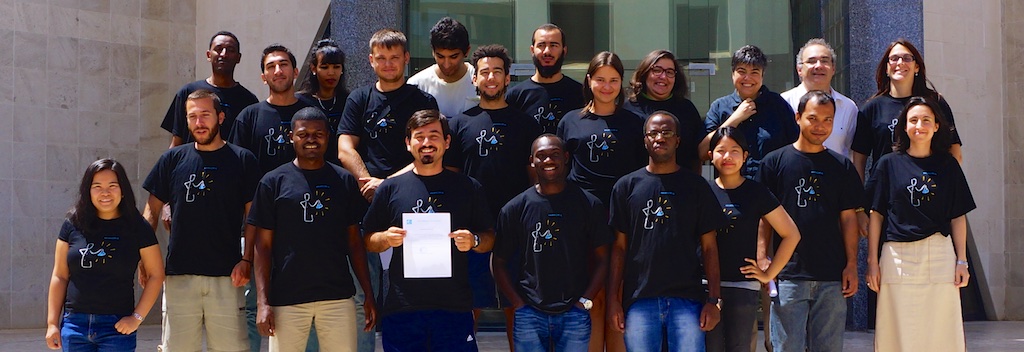
Select from a variety of courses to match your interests and career goals. Personalize your studies for a unique, future-ready education.
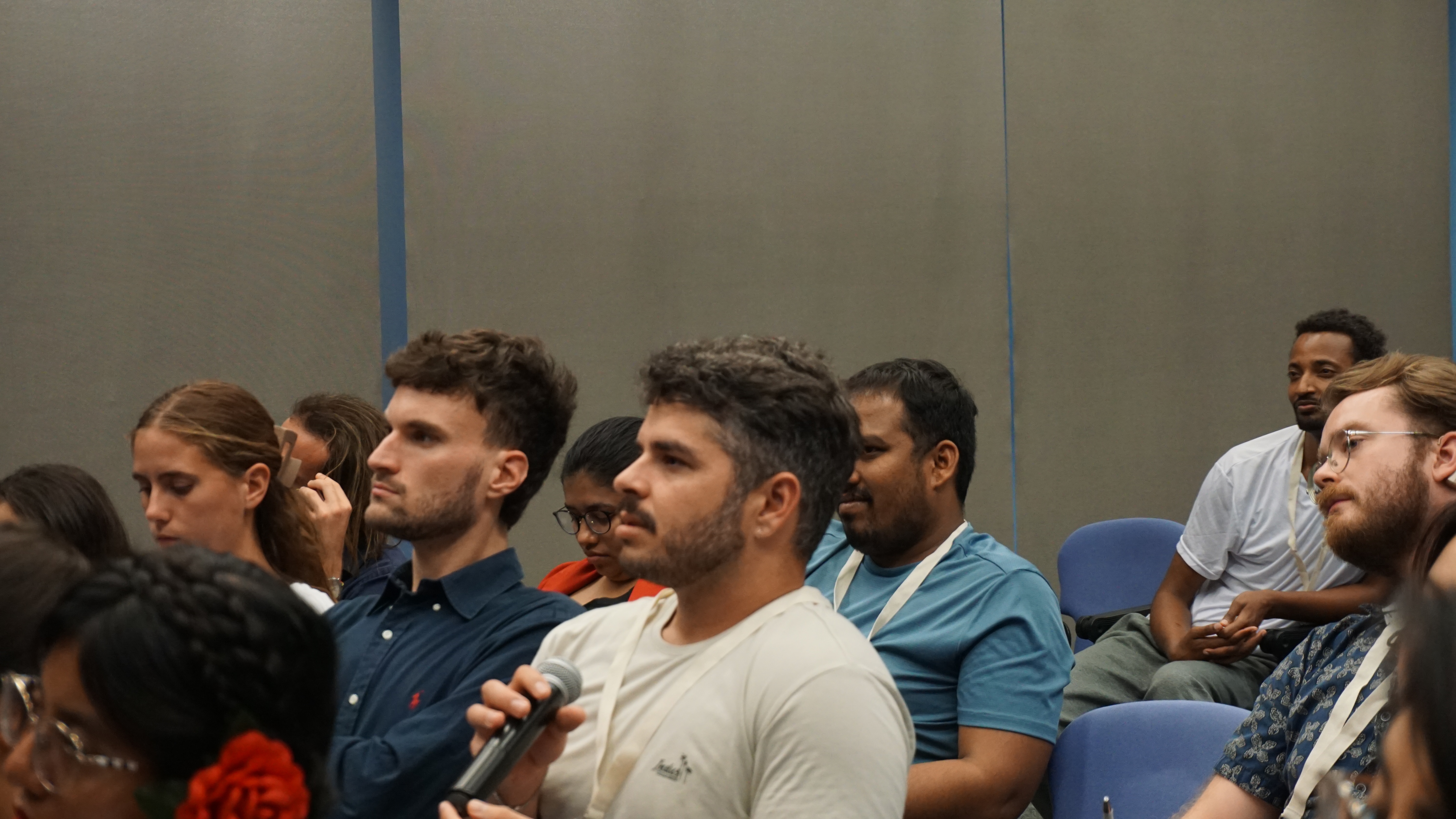
Develop technical, regulatory, and leadership skills for sustainable chemical innovation. Prepare for impactful roles in industry, research, or policy.
Design your own study path with optional modules that match your interests and career ambitions.
Experience life in multiple countries, expand your language skills, and build a global network.
Work with top companies and regulators to gain practical experience and industry knowledge.
Grow your communication, teamwork, and leadership abilities for international careers.
Join research projects tackling real challenges in chemical safety and sustainability.
Benefit from guidance by leading professors and professionals in chemical innovation.
